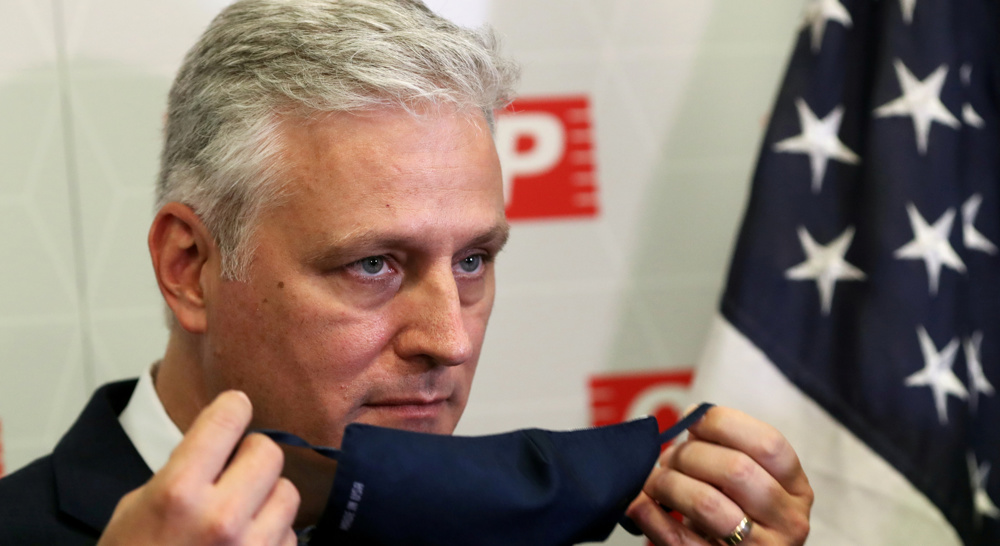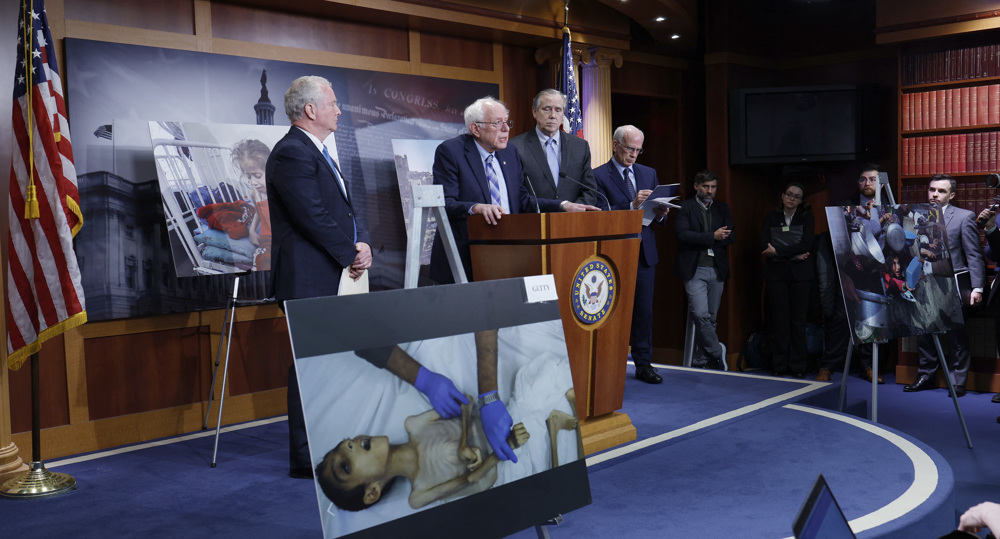US threatens China with more sanctions over Hong Kong new law
The United States has accused China of "flagrantly violating" its international commitments over a new law that disqualified four opposition lawmakers in Hong Kong, threatening Beijing with more sanctions.
Hong Kong disqualified four lawmakers on Wednesday after the Chinese parliament adopted a resolution authorizing the city to expel legislators who support independence, refuses to recognize Beijing’s sovereignty over Hong Kong.
The move prompted a mass resignation by the pro-democracy caucus in the city’s 70-seat legislature.
In reaction to the move, US national security adviser Robert O’Brien said, "Beijing's recent actions disqualifying pro-democracy legislators from Hong Kong's Legislative Council leave no doubt that the Chinese Communist Party (CCP) has flagrantly violated its international commitments."
He threatened further sanctions on “those responsible for extinguishing Hong Kong’s freedom.”
Hong Kong has been governed under the “one-country, two-system” model since the city — a former British colony — was returned to China in 1997.
“One country, two systems’ is now merely a fig leaf covering for the CCP’s [Chinese Communist Party] expanding one-party dictatorship in Hong Kong,” O’Brien added.
Republican senator Marco Rubio and Democrat senator Jeff Merkley also threatened China with "consequences.”
On Monday, Washington targeted four Chinese officials in Hong Kong’s governing and security establishment with sanctions.
Under the bans, the officials are prevented from traveling to the US and their assets in the country are blocked.
Tensions between the US and China remain at their highest level in decades, with sharp divisions over a host of political and economic issues, including trade, Hong Kong, Taiwan and the coronavirus pandemic.
The relations between the two world powers have grown increasingly tense over the past four years, under the administration of President Donald Trump.
The United States actively supported the protest leaders and attempted to stir anti-China sentiments in Hong Kong.
Hong Kong was rocked by riots over a bill that would have reformed its extradition law last year. Violent individuals vandalized the city, destroying public and private property and attacking anyone deemed to be pro-government. Hong Kong dropped that bill, but the acts of violence continued.
Earlier this year, the city enacted a new national security law, criminalizing sedition, secession, and subversion against the mainland.
Some opposition lawmakers openly called for Western intervention to stop the law from being enacted in the city and propagated in favor of secession from mainland China.
VIDEO | Iran's president urges Pope to help end Israel's onslaught in Gaza
Iran's senior legal official: ICC arrest warrants for Netanyahu ‘great victory'
Nov. 21: ‘Axis of Resistance’ operations against Israeli occupation
VIDEO | Israeli forces storm West Bank’s Jenin again, target civilians
Iran activates advanced centrifuges after IAEA's 'unjust' resolution
VIDEO | Press TV's news headlines
Iran FM: Response to Israeli aggression 'inevitable'
VIDEO | Iran eases the rules for exporting hand-woven carpets















 This makes it easy to access the Press TV website
This makes it easy to access the Press TV website